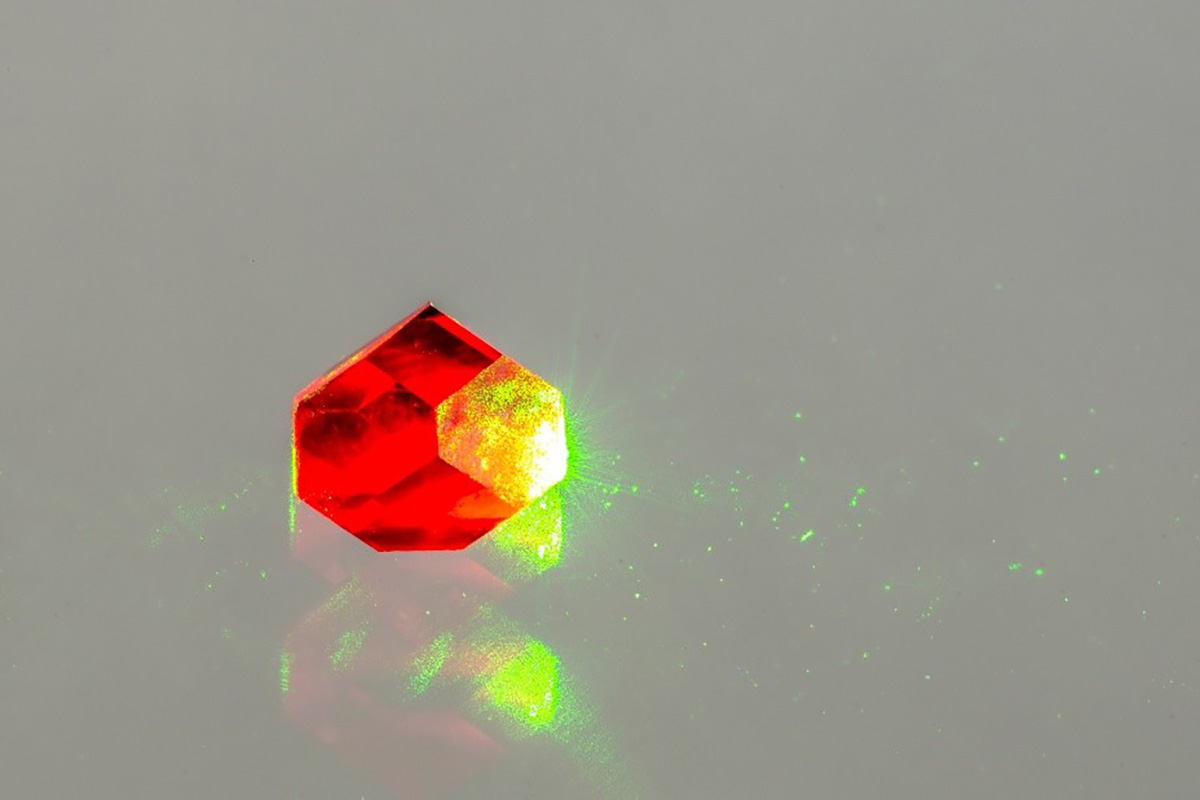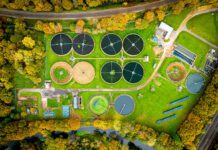
As part of the UK government’s new Industrial Strategy, £5.2m funding has been announced to support the University of Warwick to work with Element Six, a De Beers Group company, to develop and establish a supply chain for the next generation of diamond-enabled technologies, including the use of electrolysis to clean wastewater.
The putative wonder material can be applied to thermal, optical, sensing, electrochemistry and quantum technologies. And its proponents suggest it as well placed to address some of the unusual technical challenges of today, such as thermal management bottlenecks in internet and telecommunication infrastructures, and problems that arise in industrial wastewater management and disposal.
Over the last few years’ diamond has been recognised as a reliable solution in many of these fields, says Element Six, while also unlocking novel applications in quantum technology as well as material machining and welding using high power lasers.
Prof Mark Newton, of the University of Warwick, said “The project outcomes will include new materials with improved and tailored properties, new science enabled by enhanced properties and the ability to manufacture innovative diamond devices.”
The £5.2M project aims to establish a supply chain for these vital technologies, which will help researchers and businesses to capitalise on the potential of high quality, engineered synthetic diamonds to deliver new, disruptive solutions across a range of industries, including semiconductors, water technology and quantum.
The partnership is between the Departments of Physics, Chemistry and Engineering at the University of Warwick and Element Six.







